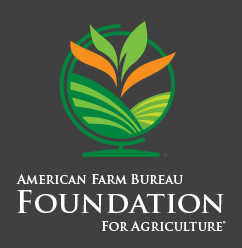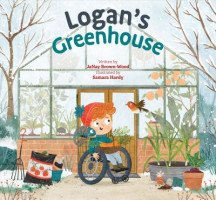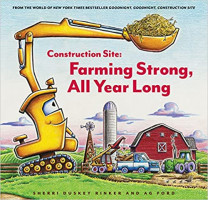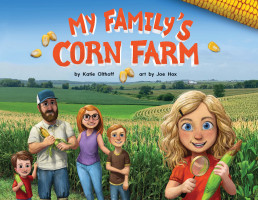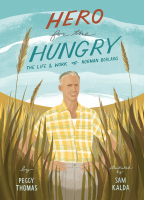Story Telling: An Important Tool for Ag Literacy
Ag Education
Nov/10/2016
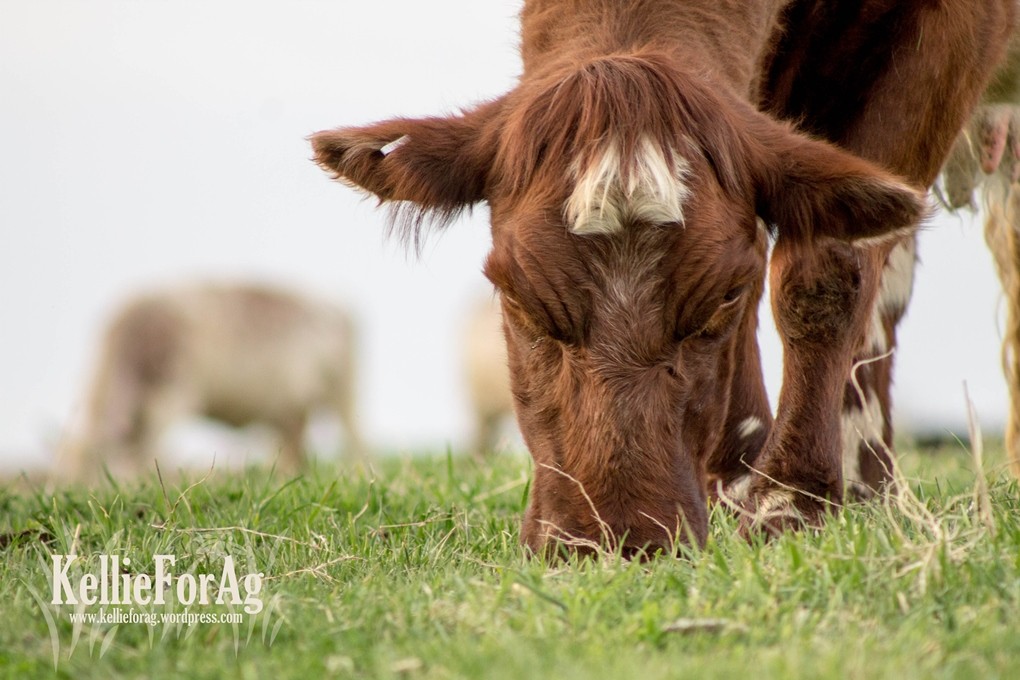
Telling stories has been a way for us to learn about our history, our traditions, and our heritage. They have been passed down from generation to generation to teach us so many different lessons. Some are so valuable that they are put into books for people to read and learn from. These stories help us grow and teach us remarkable information that we then pass on to the next generation.
So why am I telling you this? What does story telling have to do with agricultural literacy? Well, everything. It has everything to do with it. Your story matters.
Farmers and ranchers across the United States are working consistently to not only feed the people, but also educate them on what they are doing on their farm and why it’s important. How are they doing it? By telling their story.
There are many ways to tell your story, but my favorite two ways are through pictures and blogs. Blogging, as I explained to my 62 year old dad, is like an online diary that you share with the world. You spill your heart out and allow people to follow your life. Not only do you talk about life on the farm, but you talk about your interest, passions, and problems. You open your whole life up to anyone who cares to read it. Why? To help educate people, who may not have a farm background, understand everything that you’re doing on the farm. That you’re just a normal person who has problems like them and worry about the same things they do. It helps to grow a bond with each other. The bond and education leads to trust and better communications between consumer and producer. A story leads to questions, which leads to answers, which leads to better information being passed around.

Pictures are my second favorite way of telling your story. Pictures don’t lie. Taking pictures on the farm shows people what you’re doing every day. It allows them to see real life farms and not something drawn up in their imagination. It allows them to feel as if they are standing in the corn field right next to you. It makes them happy to see that animals are being loved and taken care of. It helps tell your story about farm life.
I still haven’t explained to you why this is all important. Why should you start a blog? Why should you start telling your story?
Many people have been removed from the farming atmosphere and are unaware of what is actually happening on farms. They see false videos posted on YouTube. They read far-fetched stories on Facebook or even in the newspaper. Consumers are completely unaware of what is really happening. They don’t know who or what to believe. Can you blame them with all the false media going around? Put yourself in their shoes, who would you believe? By telling our stories we are teaching them about agriculture. We are giving them the other side of the story. We are showing and telling them exactly what is happening on each of our farms. As we all know, each farm is different. No story is the same. No picture is similar. We are all just writing our own farm autobiography.
And you can too! You don’t need to be a professional photographer or outstanding writer. You just need to be you! There are many agvocates that would be willing to help you along your way. I’m one of them. Don’t be scared to start agvocating because we need you. We need your memories. Your lessons. Your heartaches. And your story to help teach others about agriculture.
Other blog posts by Kellie for Ag
Other blogs/bloggers to check out:
- Marybeth Feutz: http://agricultured.org/
- Janice Person
- Lara Durben
- Katie Pratt
- Mom at the Meat Counter
OR Connect with a community of Agvocates at http://agchat.org
Interested in helping correct misconceptions about agriculture?
- Check out the Foundation resource Addressing Misconceptions.
